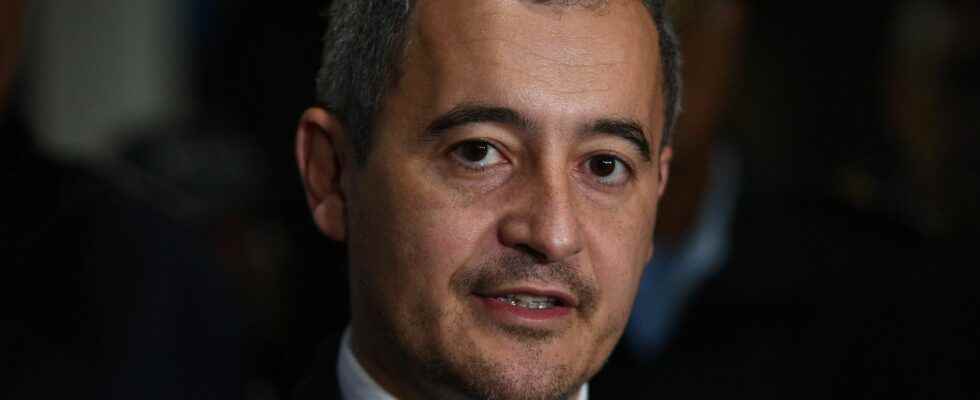Admittedly, despite calls for a boycott, the FIFA World Cup in Qatar has occupied our minds a lot, but that does not explain everything… On Wednesday December 14, Gérald Darmanin announced on the morning show of France 2 that France had thwarted 39 attacks Islamists. This is important information: if these attacks had taken place, what would the state of France be today? It is easy to think of the political consequences that this religious violence could have had on our territory. That they were prevented should not detract from the fact that they were fomented and from the political charge that these malicious intentions could have had. Gérald Darmanin therefore made this announcement… in a dizzying silence.
No one, or almost, thought of commenting on these facts, and our obsession with football cannot alone explain this relative indifference. The mystery is not very thick at first sight: these attacks quite simply did not take place, and one cannot, very fortunately, attach to them no victim, no history and finally thus little emotion. This is the beginning of an explanation, because social psychologists have long shown that raw data, without accompanying narration, has little impact on our judgment. A well-told story has more influence on our minds than statistics or data contradicting it. When we think about the possibility of these attacks that did not happen, we practice what the literature calls counterfactual thinking, that is, a mental exploration of what the past or the present might be if the events had been different from what they were.
There is a substantial scientific literature that explores this feature of the human brain. Our species, in fact, has this ability to consider the possible. We keep seeing the future as a tree knowing that the present will only ever actualize one of these imagined worlds. It turns out that these imagined worlds can leave traces in our minds. Counterfactual thinking therefore does not weigh for nothing in our lives. On the contrary, we can spend our existence remaking history, especially when the worst could have been avoided by a little. Thinking of football, those who lived through France’s semi-final against Germany in 1982 have often replayed the match until exhaustion and are well aware of the pain of negative counterfactual thinking.
The link with vaccination
Social psychologists who have worked on these questions, and we think in particular of Neal Roese, known for his work on decision-making, arrive at the idea that counterfactual thought manifests itself preferably when we are disappointed by reality. . In other words, it is a feeling of negativity that activates this form of reasoning. The perception of an avoided cost will be taken into account less than that of an prevented benefit. This is the amusing conclusion reached by three researchers who studied the emotional reactions of those who stood on the podium at the 1992 Olympic Games in Barcelona. The silver medalists seemed less happy than the bronze medalists. The authors’ interpretation is that the former often dreamed that they had just missed the top step, while the latter envisioned a world where they would not have climbed the podium at all and felt happier about it. The asymmetry of the objects on which the counterfactual thought relates perfectly explains these results.
The same applies to the foiled attacks, because, even if this announcement was made publicly, the consequences of the action of the intelligence services are, in the end, invisible. This is undoubtedly one of the reasons, as the neuroscientist Sebastian Dieguez points out, why vaccination, for example, struggles to impose itself on some people: we do not see what it prevents because what it prevents, are counterfactual worlds that will not come true.
It was therefore foreseeable that the announcements of Gérald Darmanin did not attract much attention. This opens up to a more general reflection on how we value any political action. Decision-makers often have to bear the brunt of counterfactual thinking – because one imagines the good of which they have deprived the community by their mistakes – without benefiting from its encouragement, when one should consider the costs they have avoided. .
